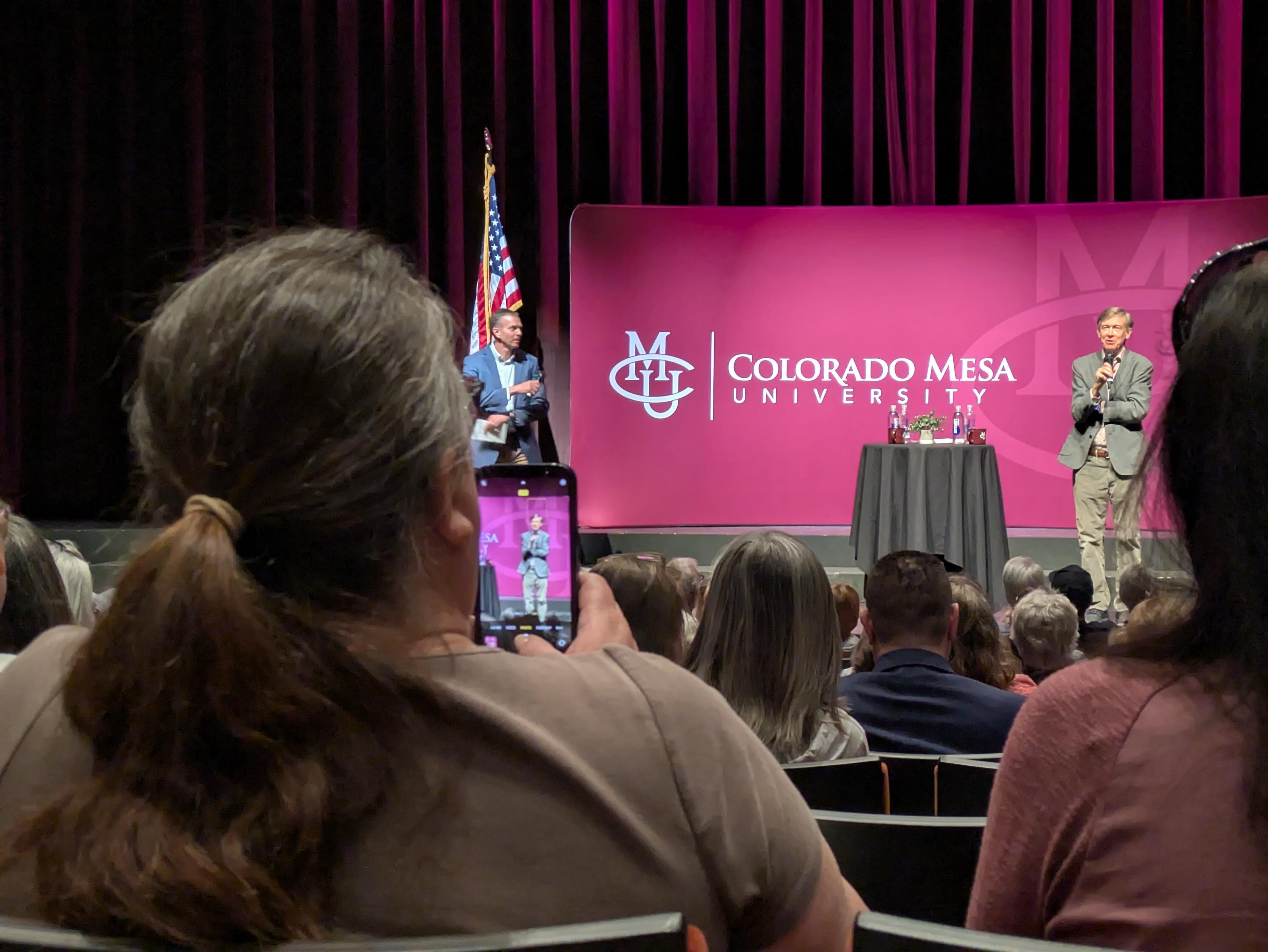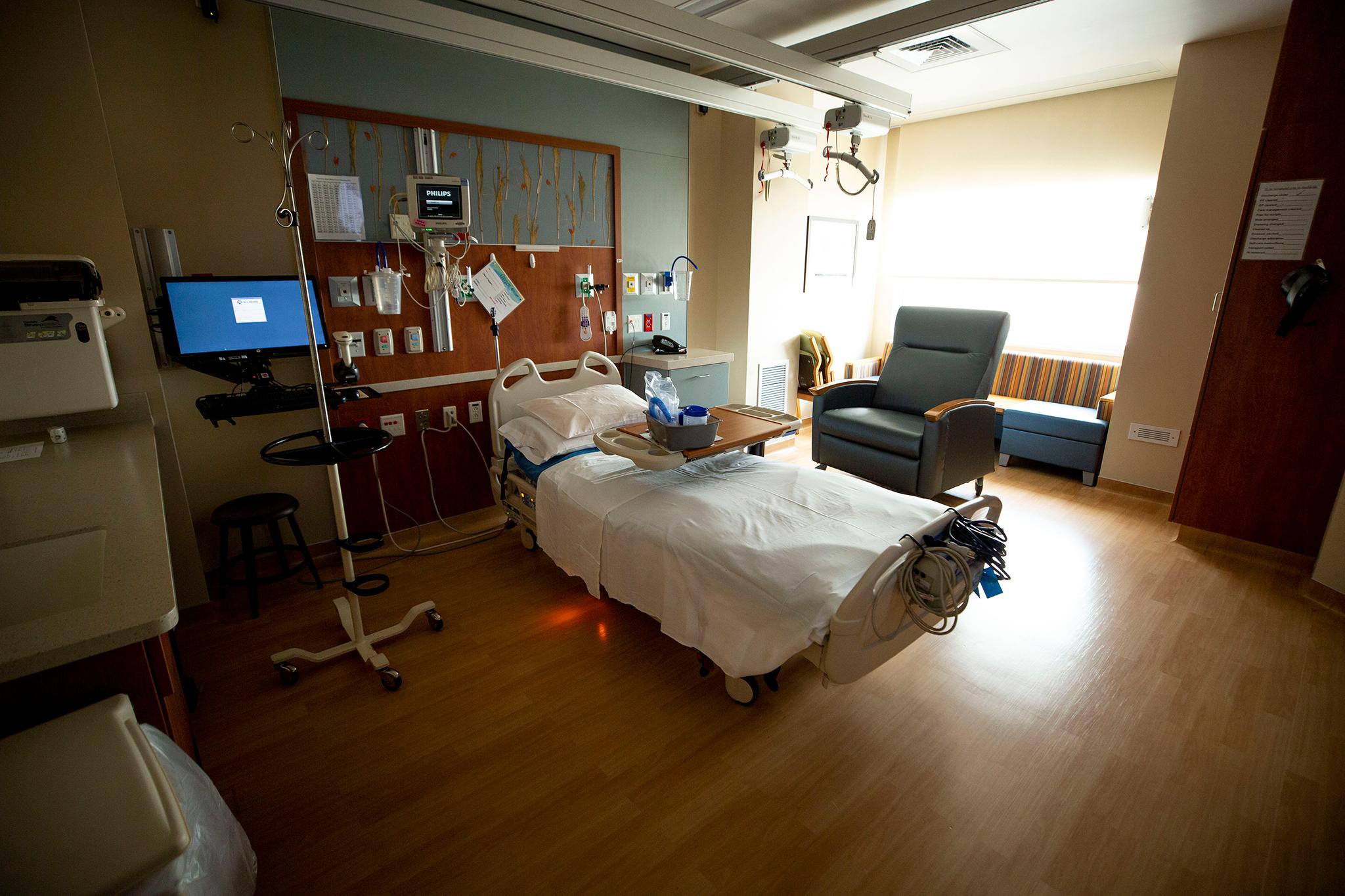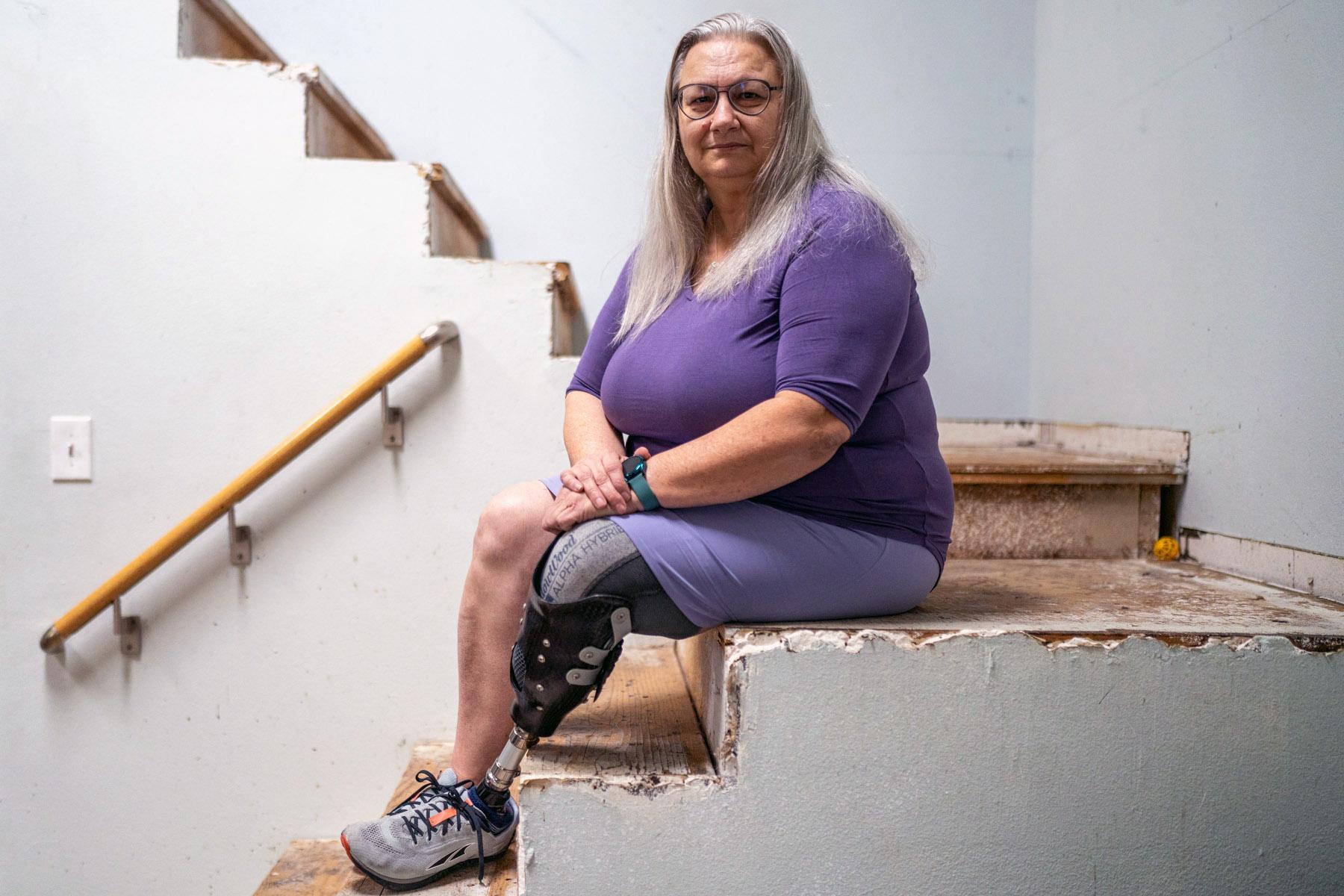
In a photograph Karen Mallette says best illustrates her former life, she’s standing over a road bicycle wearing a large red pullover and a determined look.
It was the late 1990s. Mallette was living in Seattle and had recently buried her 10-year-old son Tommy, who’d died from a cancerous brain tumor. She commuted by bicycle and ferry, over hills and across Puget Sound.
“It was a lot of up and then a lot of down,” she said. “And I lost about 75 pounds doing that.”
For much of her life, Mallette avoided cars as much as she could and relied on her bicycle and public transportation.
She’s the kind of person who’d help transit-naive colleagues learn to ride. The kind of person who finished a master’s degree while riding the train. The kind of person who, after living in Seattle, Boise and London, returned to her native Colorado and eventually bought a townhouse in Aurora because it was close to a light-rail station.
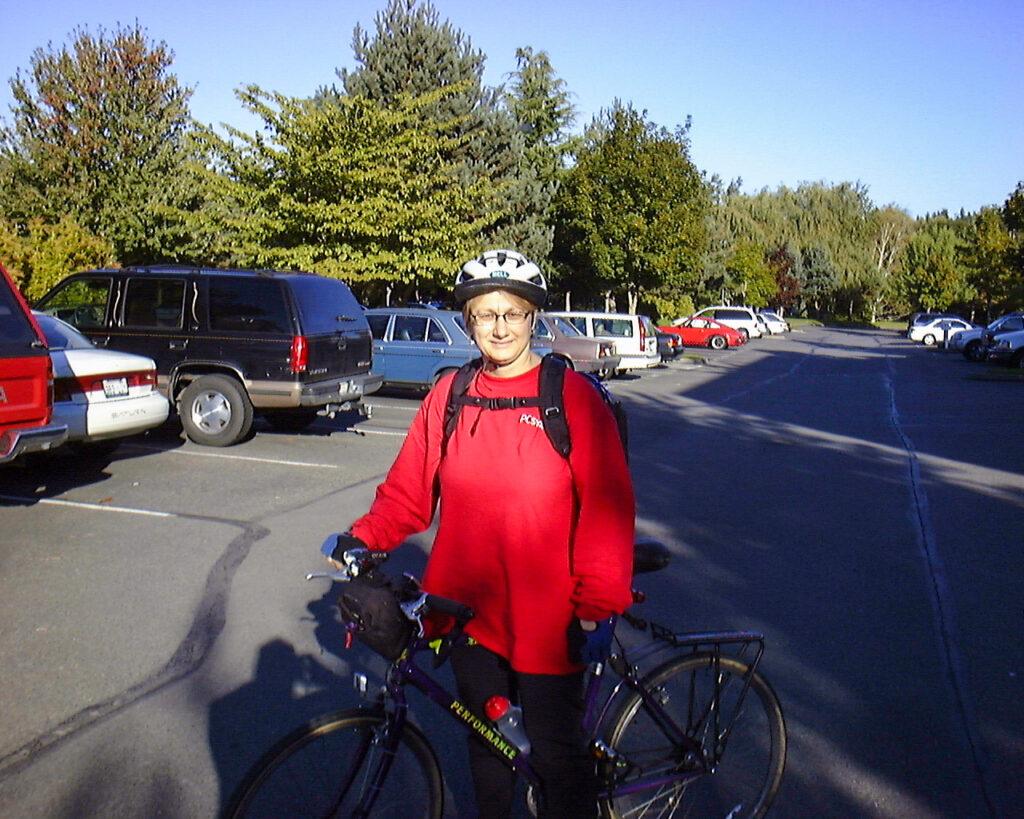
“I really, really wanted to be close to that,” she said. “The R Line wasn’t running yet when my husband and I moved in. We had to wait a couple of years. But we were so excited when it finally opened up.”
Now, Mallette’s excitement for the train is long gone. A disastrous R Line derailment in January 2019 violently flung her from the train and sliced off her left leg below the knee.
She decided to tell her story now, for the first time publicly, because of a second R Line derailment in September that appears to share several important details with one that changed her life forever: a speeding train car that couldn’t navigate a 90-degree turn at the corner of South Sable Boulevard and East Exposition Avenue.
The Regional Transportation District is required to file a report on the September derailment with state regulators by early next week. In the 2019 derailment, RTD’s investigation blamed the train’s operator.
An Australia-based transit expert told CPR News last month the R Line’s design was safe. But Mallette said the second derailment suggests that the line, with its many sharp turns, was designed poorly and needs to be rerouted or, at the very least, a safety system upgrade that would prevent speeding.
“I hope that someday they reroute the R Line,” Mallette said. “I understand what that means — it means probably a billion dollars’ worth of costs. But it’s people’s lives.”
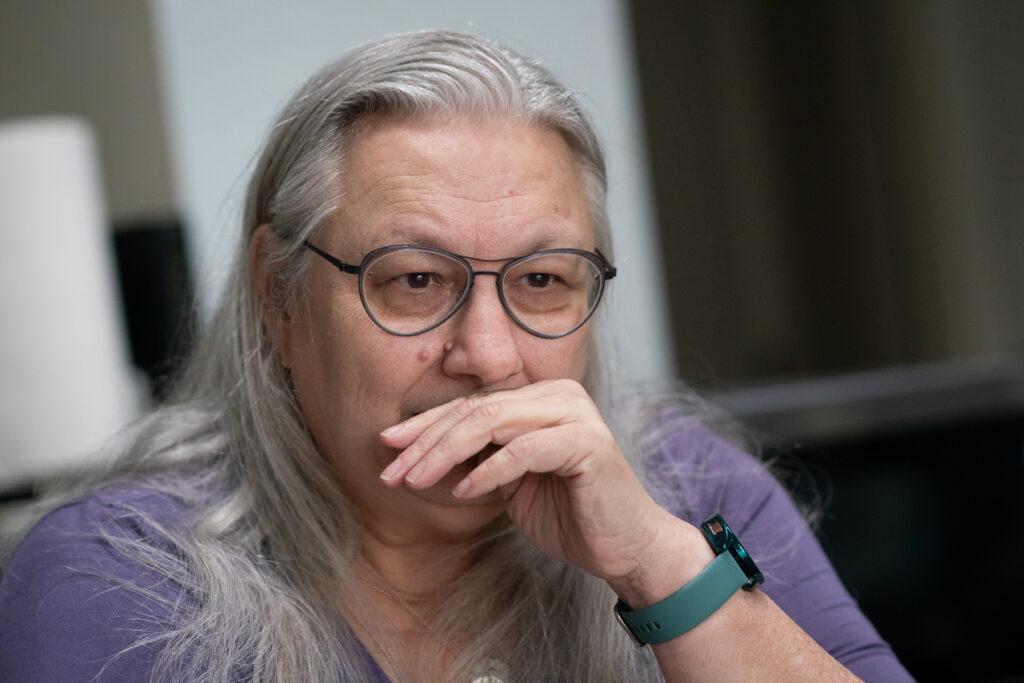
For about two years, Karen Mallette happily rode the R Line to her job as a systems administrator in Denver’s southern suburbs.
“It was really working for me,” she said. “I loved it.”
Everything changed on Jan. 28, 2019.
It was a wet, snowy Monday morning. Mallette put on a long down jacket she’d bought specifically for her train rides. Because of low ridership, RTD had cut the R Line to just one train car. It was mostly full — and a man sitting on a seat didn’t slide over to make room, which annoyed her — so she stood at the back of the train, grabbed a handle, and braced herself.
“I’d stood and ridden there many times safely,” she said.
This time would turn out much differently. The train’s driver left the Aurora Metro Center Station around 7:13 a.m., quickly reaching 38.5 mph — 3.5 miles over the posted speed limit, according to an investigation from the local prosecutor's office. With a sharp turn that had a speed limit of just 10 mph approaching, the train operator tried to slow down — even applying emergency brakes.
But it was too late. The train entered the curve at 30 mph, the investigation found. The inside wheels lifted off the track. Passengers were thrown around the cabin. The train rocked so hard that the doors near Mallette popped open.
“I fell, and I ended up with my head pointed down the stairwell,” she said. “And the last thought that I had before losing consciousness for a couple of seconds was, ‘I’m going out the door. Hmmm.’”
Mallette fell out onto the street. When she regained consciousness, she did what her mother taught her: She counted her fingers and toes.
“Both my hands were there,” she said. “My right foot was there. But — oh, left foot's not there. I guess I need a tourniquet.”
As the train rocked, its back end scraped against the ground — and sliced off Mallette’s foot and leg below her knee. The only thing that apparently kept the train from tipping over — likely onto Mallette — was a pole it hit.
“That’s the only reason I’m still alive,” Mallette said.
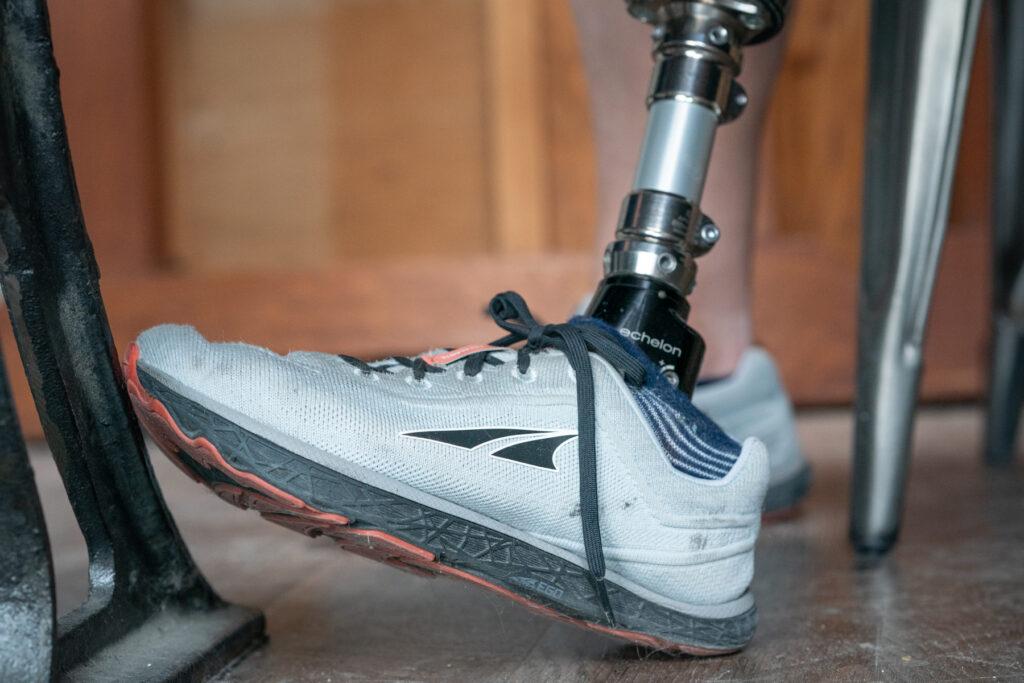
Karen Mallette says the many 90-degree turns on the R Line’s route always made her nervous.
Four of those 90-degree turns were added at the request of the city of Aurora. City officials wanted the line to break away from Interstate 225 to serve a planned downtown area on the east side of the Town Center at Aurora mall.
Short of a full re-route, which is highly unlikely, Mallette said RTD needs to add a safety system that would prevent train drivers from speeding.
After the 2019 derailment, RTD told state safety regulators it couldn’t afford what it then estimated to be a $12 million to $15 million system. But a recent RTD-commissioned study puts those costs now between $91 million and $224 million, depending on the type of system. A full implementation would take eight years, the study says.
That study and the options it presented are “still under review,” an RTD spokesperson said in an email.
Mallette received a $387,000 settlement from RTD, the maximum allowed under the Colorado Governmental Immunity Act at the time. She believes statistics that show traveling by rail, subway and bus is far safer than by car and still generally supports public transportation.
But Malette said she just doesn’t trust RTD anymore. She’s stopped riding it.
“That just breaks my heart,” she said.
RTD reported to the Federal Transit Administration more than 1,100 injuries and 50 fatalities among passengers, employees, pedestrians, people in other vehicles, and others between 2010 and 2020 on its light rail trains, buses and paratransit services.
Those figures translate to annual injury and fatality rates that appear to be less than national averages published by the federal agency, per a CPR News analysis. RTD did not provide its own analysis or comment on its safety record in time for this story.
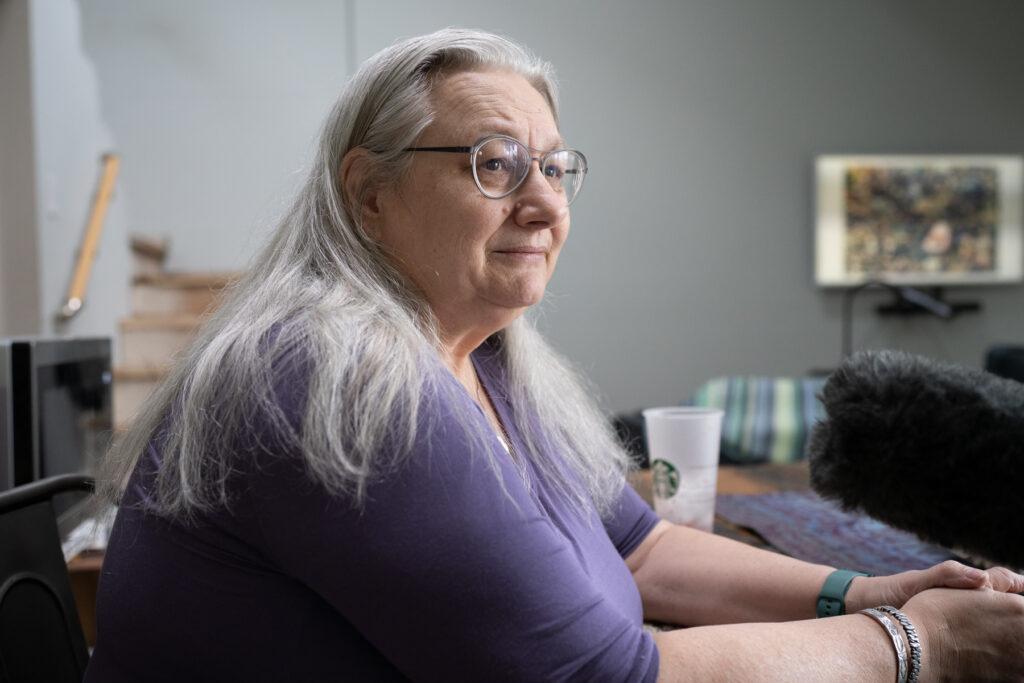
Many of Mallette’s favorite hobbies and habits are in her past. And she’s OK with that.
As she lay on the cold, wet ground, surrounded by strangers, Mallette realized that while she had survived, the rest of her life was going to be very different from the life she had planned. She knew there could be a long road to recovery ahead. So she clenched her eyes shut to limit the number of images she’d have to sort through later.
“Keeping my eyes shut was my first line of defense,” she said.
The images she did remember — passengers being thrown around the train car, for example — Mallette worked through those with her therapist in just a few months. Now, thinking of them doesn’t cause her distress anymore. Through therapy, she found a new truth that still gives her comfort.
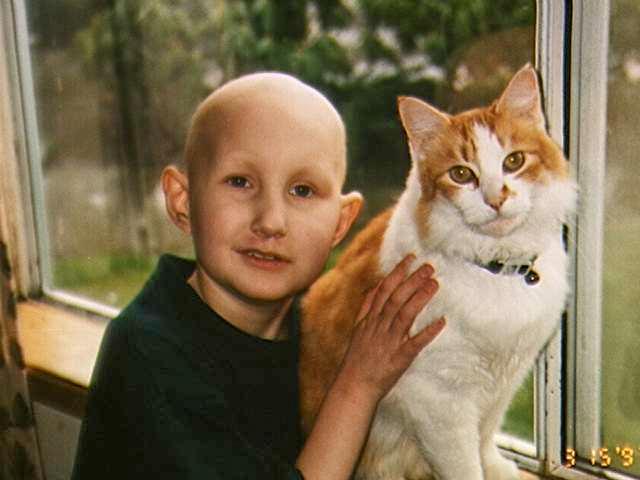
“In my moment of unconsciousness, the old Karen died and there was a new one,” Mallette said. “The new one now wears a prosthetic. She’s not on her bicycle anymore. Holding her camera is hard. Taking the photographs that she loves is difficult. She’s lost her trust in RTD, but she’s alive.”
Underlying that truth is an acceptance of the future ahead of her, not the future that might have been. That other path is gone, she said. “It’s done.”
Mallette said she learned the need to accept a new reality back when her son Tommy died. She carried on through that pain, just like she carries on through this one. Her son showed her that it’s possible to keep living. He gives her strength now when she needs it most.

